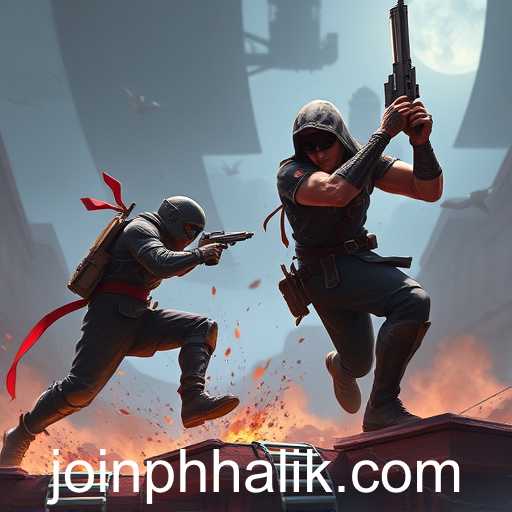An exploration of the 'phhalik' keyword as it relates to action games, reflecting on its implications for gaming innovation and industry trends.
Action games have long been a staple of the video game industry, captivating players with fast-paced gameplay, thrilling storylines, and an adrenaline-pumping experience. This genre requires players to be quick on their feet, testing their reflexes and timing as they engage in a variety of tasks and challenges. One of the growing search trends on the web that has been capturing attention is the keyword 'phhalik' in relation to action games. But what does this term mean in this context, and how is it influencing the digital gaming landscape?
The term 'phhalik' seems to resonate within certain communities online, acting as an access point for players seeking action games that embody a particular style or feature set. Though not a conventional term in the English gaming lexicon, 'phhalik' appears to draw players interested in unique gameplay elements that are distinct yet difficult to categorize through standard genre definitions.
Typically, action games emphasize combat and physical challenges, requiring players to complete levels or achieve goals through direct confrontation. This can range from beat 'em ups and shooting games to platformers and fighting games. The classification under 'phhalik' might suggest an interest in games that push the boundaries of these traditional mechanics or that offer an inventive twist on them.
Games falling under this category may offer unconventional narrative delivery, merge action elements with role-playing game mechanics, or even include innovative physics engines that provide a fresh take on interaction within the game world. As online platforms and marketplaces continually evolve, the existence of a category like 'phhalik' could demonstrate a growing niche market desire. Tech-savvy gamers often crave new experiences and storytelling techniques, and this internet search pattern may reflect this evolving demand.
The influence of user-generated keywords like 'phhalik' underscores the dynamic relationship between developers and their audiences. By monitoring these trends, developers can identify what players are interested in, potentially shaping future development projects or updates to existing games. The interactive nature of the gaming community, supported by forums, social media, and feedback channels, enhances this ongoing discourse between developers and players.
Ultimately, the inclusion of 'phhalik' in the context of action games exemplifies the malleability of language and classification in the gaming community. In a sector that thrives on innovation and user engagement, these emerging terms not only help categorize interests but also highlight the diverse preferences that drive the industry forward. The keyword 'phhalik' might not be mainstream yet, but its use today could shape tomorrow's gaming dialogues.




